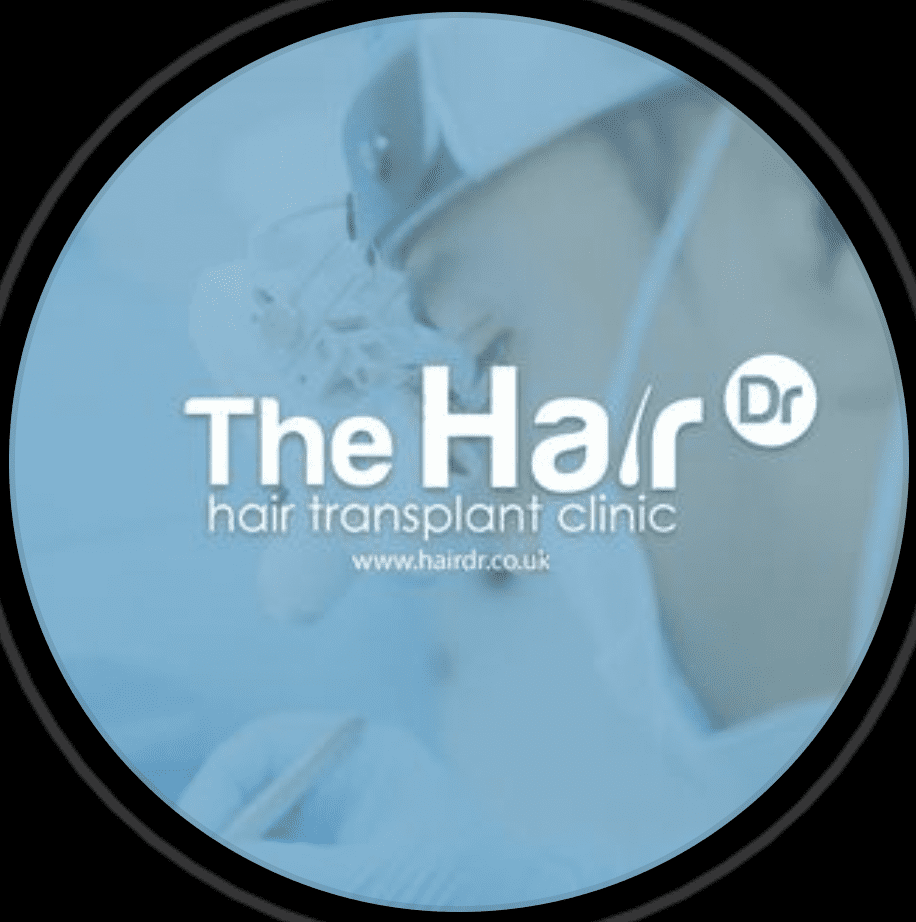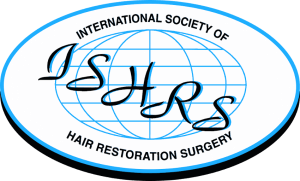Updated 20/10/23
Undergoing a hair transplant is an exciting time, as the procedure will help restore your hair. But it’s essential to remember this is a surgical procedure and, like other surgeries, it’s normal to experience different side effects, such as pain, swelling after having the surgery.
There are other complications that cause patients to worry, which are the itchiness they experience after a hair transplant.
In this article, we’ll discuss why you have an itchy scalp, why you shouldn’t scratch, and more.
Why Does It Itch After a Hair Transplant?
During the procedure, your surgeon has to make tiny holes where the hair follicles are harvested and transplanted. These tiny holes are small open wounds that must go through the normal healing process. As they heal, the tiny wounds start to scab over. The scalp is covered with dried blood and other fluids that aid the healing process.
As your scalp is healing, it releases histamines that cause the itchy feeling. The itching is a normal part of the hair transplant procedure. The good news is that itching is usually a harmless, though irritating, side effect.
While it is uncomfortable to feel itchy after your surgery, there are some things your surgeon can do to help manage the itchiness as your scalp heals and you follow the aftercare regimen prescribed by your surgery.
How Long Does the Itching Last?
The answer is it depends, as each hair transplant patient has a unique experience. They may want to touch their head after the surgery, but this should be avoided.
Immediate itching after a hair transplant procedure tends to feel worse at night. This is because, after the hair transplant, patients are not able to wash their hair and scalp. The scalp is reacting to postoperative crusting (scabbing) and inflammation.
However, most patients notice a significant improvement after washing their heads for the first time. This is usually on the 3rd day after their hair transplant. The urge to itch usually lessens after the first wash and has dramatically improved by the final wash.
Itching about two months after your surgery is also common. This may occur across the entire transplant area or just in certain parts. Scalp itching weeks or months after a hair transplant may be caused by dry skin and an infection (called dermatitis), an allergic reaction to topical products, or previous existing skin conditions (such as psoriasis).
Another common cause of itching about 1-3 months after surgery is the transplanted hair begins to grow. This can also cause an itching sensation in the transplanted area. The itching may appear at intervals as the new hair grows in.
Itching is not necessarily anything to be concerned about. This is a normal part of skin tissue repair and healing after surgery.
Don’t Scratch Your Head After a Hair Transplant
It’s essential to not scratch your head after a hair transplant. There are several reasons you shouldn’t touch, itch, or scratch your hair after a hair transplant, including:
- It’s possible to accidentally dislodge or pull out newly transplanted hairs, affecting final regrowth.
- You may open donor incisions, which can delay healing.
- You may introduce a skin infection to the hair follicle(s).
- Scratching and itching may increase irritation and discomfort.
- Avoid hot baths or showers as these can make the itching worse.
- Avoid swimming.
How to Deal with Itching After a Hair Transplant
Your surgeon will present you with a post-transplant aftercare plan. One of the most important steps to manage the itch is the first wash or first aftercare shampoo.
Here are some other ways you can manage the post-transplant itching:
- Take an antihistamine
- Avoid the sun, as a sunburn can make the itching worse
- Avoid wearing a hat or head covering, as some fabrics may cause irritation
- Avoid situations that may cause you to sweat, as dried sweat can cause irritation
- Medicated shampoo (an anti-itch formula) may be helpful—but check with your surgeon before using this option
- Prescription steroid scalp solution provided by your surgeon
In addition, drinking plenty of water ensures your skin is hydrated, which can ease itching.
When treating scalp itch, it’s highly recommended to keep your clinic or hair transplant representative aware of the fact that you’re dealing with itchiness and how you’re treating it.
How Long Does Itching Last After Hair Transplant?
Most itching will occur right after your hair transplant surgery. With the right aftercare, itching symptoms should decrease. Some patients may experience itching for longer, but this is usually not as dramatic as it is right after surgery.
The urge to scratch your itchy scalp may last for a few weeks or even months.
When Can a Patient Scratch Their Head After Hair Transplant?
A patient should not scratch their head for the first three days (or as directed by their surgeon) after the hair transplant procedure. For the first 15 days, it’s necessary to follow the aftercare procedures recommended by their surgeon. After 15-20 days (as directed by their surgeon), the patient may be able to scratch their scalp lightly.
What to Expect After a Hair Transplant
Scalp itch may not be the only side effect a patient experiences after their procedure. Some other common side effects can include:
- Itchy scalp
- Scalp tenderness
- Tight scalp
- Scalp inflammation
- Aching scalp
- Slight bruising
- Scabbing
These are all normal parts of the healing and recovery process after a hair transplant surgery. If you’re experiencing symptoms that are concerning, it’s best to call your surgeon and follow their advice
Is It Necessary to Take Time Off After a Hair Transplant?
The answer depends on your individual circumstances. Some surgeons do advise taking up to 7 days off work after your hair transplant. However, most patients feel well the day after surgery, with some minor discomfort in the donor area.
Scabs and possibly mild swelling may be visible in the transplant area, but once the scabs fall off, there is usually no visible indication of the surgery until new hairs start to grow.
Summing It Up
Itching after a hair transplant procedure is common and usually lasts a short time. The most intensive itching most often occurs within 1-3 days after a procedure. It’s important to follow the doctor’s aftercare regimen during this time and avoid scratching the scalp as it heals.
And if you have any questions about your itching, it’s best to contact your hair transplant surgeon. They will have the advice that’s best for you and your circumstances.
FAQs
How long does post-transplant itching typically last?
Post-transplant itching can vary from person to person, but it usually subsides within a few weeks to a few months. If it persists or worsens, consult your surgeon.
Can I use over-the-counter itch relief products?
Avoid using over-the-counter products without consulting your surgeon, as they might not be suitable for post-transplant care.
Is itching a sign of a failed transplant?
Not necessarily. Itching is a normal part of the healing process, and it doesn’t necessarily indicate a failed transplant.
Are there any home remedies for post-transplant itching?
While it’s best to follow your surgeon’s recommendations, some people find relief with cool compresses or aloe vera gel.
Can I wear a hat to conceal itching and prevent scratching?
Hats can be worn, but ensure they are clean and not too tight. Scratching can still occur beneath the hat if it’s too snug.
Is it normal for the itching to be more intense at night?
Yes, nighttime itching is common due to factors like increased blood flow to the scalp when you’re lying down. It’s advisable to avoid scratching even during the night.









